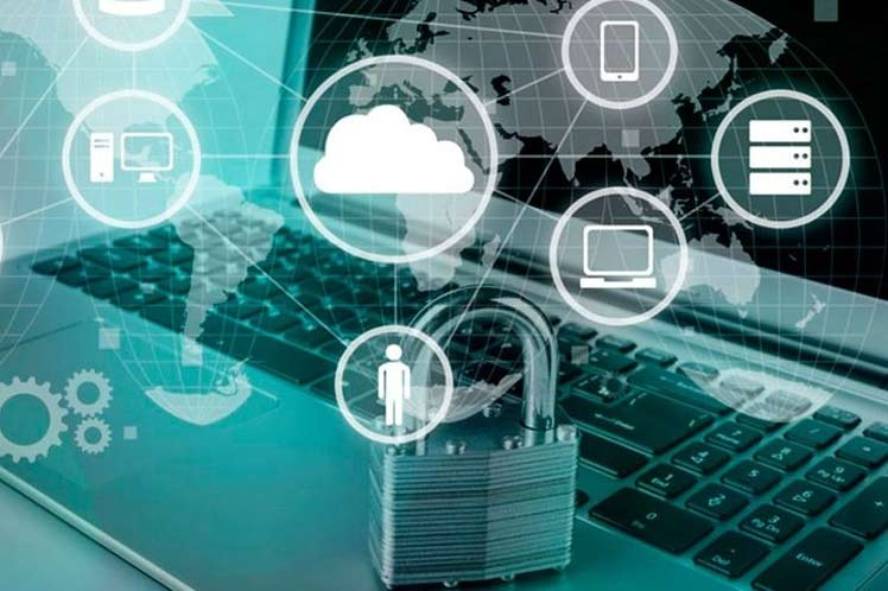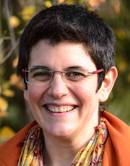2018/09/04
331. zenbakia

eu es fr en cat gl
Aparecerá un contenido traducido automáticamente. ¿Deseas continuar?
Un contenu traduit automatiquement apparaîtra. Voulez-vous continuer?
An automatically translated content item will be displayed. Do you want to continue?
Apareixerà un contingut traduït automàticament. Vols continuar?
Aparecerá un contido traducido automaticamente. ¿Desexas continuar?
Technological sovereignty
Text created by automatic translator Elia and has not been subsequently revised by translators.
Elia Elhuyar

400
The theme of this year's Euskaldunes Computing Meeting was technological sovereignty. Edurne Larraza, head of the UEU Department of Computing at Mendiluze, and Olatz Arbelaitz Gallego, member of the same section, have summarized from their point of view the main issues addressed at the meeting. Some conclusions have also been drawn.
The solution would be a neutral network
Related information
Head of the UEU Department of Informatics and UPV professor and researcher
Adapting the definition of food sovereignty of Via campesina, if a people or community is technologically independent, “it has dominion over trade issues to control the production of technology and technologies.” But what is the way? At the meeting we were talking about it one day. Despite the importance of having its own dominion, technological sovereignty goes much further, and therefore we talk about technological infrastructures and communicative sovereignty, technological education and technology in education, security and privacy, and the software necessary to be more self-sufficient peoples and citizens. There are four areas that, as we saw throughout the day, have many connections. In all of them, the concepts of community, free and public are particularly important. In terms of infrastructures, for example, in a time when private exploitation predominates, moving from the business plane to the level of rights and network infrastructure XXI. To be subordinate universal rights, infrastructure management and creation cannot be delegated to operators. The solution would be to create a single neutral network between multiple agents, which will then be used by operators to provide the service. Izarkom is an example of community models and infrastructures working on a model based on the Catalan guifinet project: the creation of a network of its own by local agents and the interconnection with other networks. This type of project can be an interesting subject to develop its own policies on the road to sovereignty, which allow there to be no distinction between the inhabitants of cities and rural areas.
We all have something to do
Related information
Member of the UEU Computer Department and UPV professor and researcher
We will be the reflection of what we learn and, therefore, on the road to technological sovereignty, it will be essential to start with education: promote the sustainable use of infrastructures for email and storage of information on the network; use public infrastructures and localized software that allow us to abandon google and reflect on security and privacy. Institutions can influence by forcing them to use free software and certain language options of tools, but the responsibility is shared, we all have to do. In the area of security, philosophical aspects should also be taken into account. For example, we should reflect on the ongoing IoT and the security issues that will arise in cities or smart devices. In fact, attacks on critical infrastructure directly affect the welfare of society; they are attacks on sovereignty. Individuals need to use common sense: putting the right passwords, being critical of the information we receive and protecting our data, because if they steal our digital identity they can hurt us a lot. In the case of infrastructures, the owner should ensure security, which will be fundamental in relation to privacy. Finally, computing processes data in general, and Language Technologies that help us develop need open or public data that we make available to large companies. The Government should also be open, with transparency, participation and collaboration being the focus and importance of the digital system of direct participation. Sovereignty needs free data (data sovereignty), as well as free infrastructure and software, and it is important to have it and use it in Basque. See if we get a free software space in Basque for the next ECIA!








